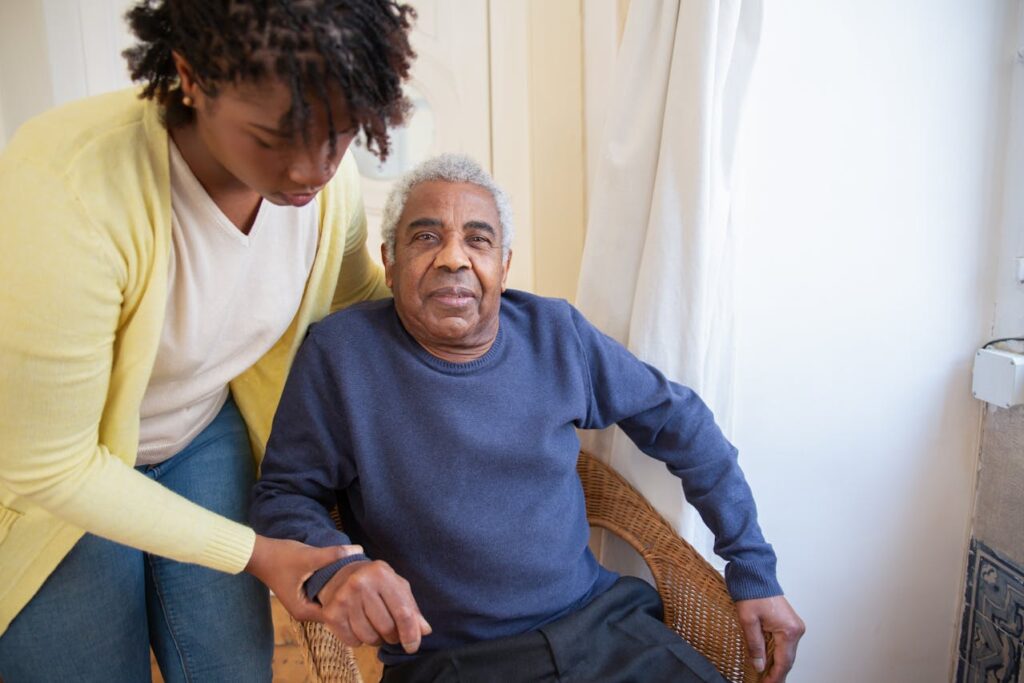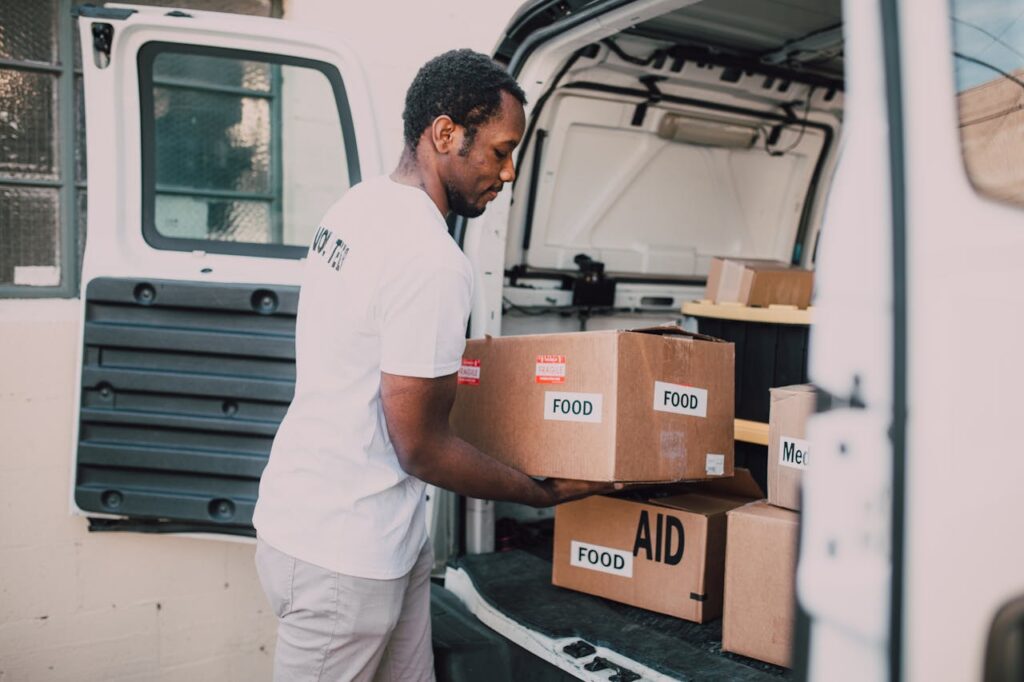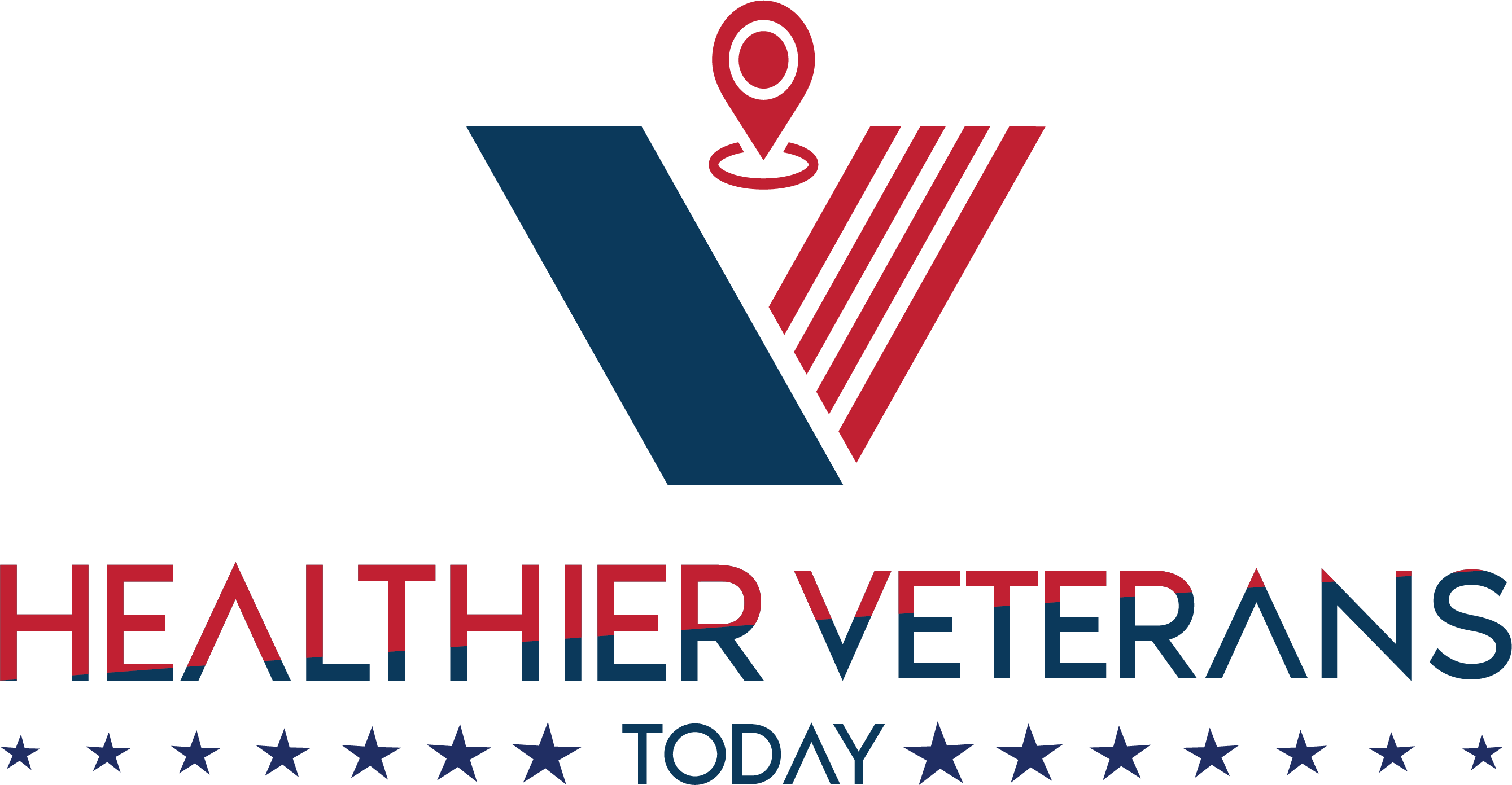Service members put their lives on the line for our country; how can we give back? Support services through communities! This article will discuss how vital community support is for veterans’ well-being. Community Support Veterans provide social connections that improve veterans’ lives. They offer valuable support and guidance to those who served our nation.
Table of Contents
Understanding the Veteran Experience

When people leave the army, they may face some difficulties. Service members experience things differently. They get used to new routines. They may also deal with physical and mental effects from serving. It’s essential to understand their special experiences. We can then give them the proper support.
Mental health is a big part of life after the military. Some common issues are PTSD, depression, and anxiety. These can happen after difficult events as a service member. When people understand these challenges, they can help veterans better. A kind and caring community can provide much-needed support.
The Power of Community Support
Community help is essential for veterans living a regular life. The community can offer kind words, assist with tasks, or simply listen. This helps makes veterans feel good. Feeling Like You Belong: Sevice members need to feel they belong. The community allows veterans know they matter. They are belonging makes veterans happy and satisfied.
Establishing Veteran Social Networks
The world today allows veterans to stay connected online. Social media, forums, and websites for veterans help them network no matter where they live. These online spaces let veterans share stories with each other.
Local Veteran Organizations:
Veteran groups in local areas build real-life communities for veterans nearby. These local organizations plan events and support services. They act as meeting places for veterans to make long-lasting friendships with others like them.
The Role of Peer Support
Peer support within Community Support Veterans is unparalleled in its effectiveness. Fellow veterans understand their comrades’ unique experiences and challenges, creating a supportive environment built on empathy and shared understanding.
Mentorship Programs:
Mentorship programs within veteran social networks pair experienced service members with those transitioning into civilian life. This mentorship provides practical guidance and creates a sense of camaraderie and a valuable support system.
Getting Help Without Fear

Community support helps remove the shame of seeking help for mental health problems. Open discussions within veteran social groups create an environment where discussing challenges is okay, leading to more awareness and understanding.
Access to Help:
Community Support Veterans initiatives give veterans access to many resources. These include mental health services and job help. These resources are essential in addressing veterans’ needs. They contribute to veterans’ overall well-being.
Bringing Families and Communities Together
Family Support is Key:
Family involvement in veteran support networks is very valuable. Strengthening family bonds and teaching families about veterans’ challenges helps create a complete support system.
Programs for Integration:
Community integration programs help veterans smoothly transition to civilian life. These programs involve local businesses, schools, and organizations in welcoming veterans. This creates an inclusive environment beyond veteran-specific circles.
Recognizing Service Members
Honoring Veterans:
Our community shows love for service members through projects that appreciate and honor them. Neighborhood parades or gatherings that express thanks are kind gestures. They helps create a warm, grateful community.
Inclusive Celebrations:
Including veterans in parties and events makes them feel pride in their community. When we invite veterans to join activities, we celebrate what they did for us. This strengthens the bond between veterans and the places they protected.
Collaborations with Businesses and Institutions
Collaborations between veteran social networks and businesses lead to job placement programs. These initiatives facilitate veterans’ transition into civilian employment, leveraging their unique skills and experiences gained during military service.
Education and Training Opportunities:
Institutions partnering with veteran communities offer education and training opportunities. This collaboration ensures that veterans have access to resources for skill development, furthering their personal and professional growth.
Mental Health Impact
Community support significantly contributes to reducing the isolation and loneliness that some veterans may experience. The companionship and understanding within veteran social networks are a powerful antidote to these challenges.
Promoting Positive Mental Health Practices:
Through community-led initiatives, positive mental health practices become ingrained in veterans’ routines. From mindfulness programs to peer-led support groups, these practices contribute to the overall mental well-being of our service members.
Keeping Support Going
Regular Community Events:
To strengthen support, communities will have regular events like picnics, meetings, and projects. This ongoing connection helps veterans feel supported always.
Community Volunteer Programs:
People can help veterans by volunteering in their communities. Volunteers assist veterans with daily tasks and keep their company. These programs help veterans and communities bond.
Nurturing Veteran Entrepreneurs
Supporting Veteran-Owned Businesses:
Communities can support businesses owned by veterans. They can visit and promote these businesses. This helps veterans succeed economically after serving.
Entrepreneurial Mentorship Programs:
Experienced entrepreneurs can mentor veteran business owners. These mentorship programs advise veterans They guide business success, nurturing entrepreneurship among veterans.
Addressing Homelessness and Housing Challenges
Communities can create affordable housing for homeless veterans. They can offer rent assistance programs. They can work with local shelters. These initiatives ensure veterans have homes.
Legal Assistance and Advocacy:
Communities can provide veterans with legal help with housing issues, work with legal aid groups, and offer free services. This advocacy ensures stable housing for veterans.
Strengthening Community Bonds Through Recreation

Recreation plays a vital role in community support. Organizing veteran-focused recreational activities, such as sports leagues, outdoor excursions, and arts programs, creates opportunities for veterans to connect with their communities in a relaxed and enjoyable setting.
Collaborations with Local Sports Clubs:
Partnering with local sports clubs and organizations allows communities to integrate veterans into recreational programs. This inclusivity fosters a sense of belonging and provides veterans with avenues to stay active and engaged.
Encouraging Educational Opportunities
Some veterans want to go to college or learn new skills, but it can be hard to pay for school. Communities can help veterans get education. They give scholarships and grants to pay for classes. That way, veterans don’t have money problems and can focus on learning. Communities should work with colleges, too. They can create adult education programs just for veterans. The classes can teach skills that help veterans get jobs after the military.
Celebrating Diversity Within the Veteran Community
Recognizing the diversity within the veteran community involves organizing cultural events that celebrate various backgrounds, ethnicities, and experiences. These events promote inclusivity and ensure that every veteran feels seen and valued.
Support for Underrepresented Veterans:
Communities can actively advocate for and support underrepresented groups within the veteran population. This may include LGBTQ+ veterans, women veterans, and veterans from minority communities. By addressing unique challenges, communities foster a more inclusive support system.
Engaging Youth in Veteran Support Initiatives
Educating the younger generations creates an appreciation and understanding of veterans’ sacrifices. Community-led youth education programs provide opportunities for young individuals to learn about veterans’ experiences.
Youth Volunteer Opportunities:
Creating volunteer opportunities for youth within veteran support initiatives builds intergenerational connections. Youth can actively contribute to community service projects, fostering a sense of responsibility and empathy towards veterans.
Embracing Technological Solutions for Connectivity
Harnessing technology for community support involves developing social apps tailored to connect service members within a specific community. These platforms facilitate communication, event planning, and resource sharing, strengthening the bonds between veterans.
Virtual Support Groups:
In an increasingly digital world, virtual support groups offer veterans flexibility in connecting with their communities. These groups provide a space for open dialogue, mutual support, and the sharing of resources, transcending geographical barriers.
Tapestry of Support for Service Members

We have now finished learning why community support is vital for veterans. Let us imagine a tapestry made by many communities across the nation. Each kind act, effort, and promise to help veterans adds strength to our shared community. May this guide inspire communities to keep supporting veterans. May communities create places where every service member feels seen, valued, and welcomed. Together, we must keep supporting veterans. We must ensure strong bonds between veterans and their communities.





